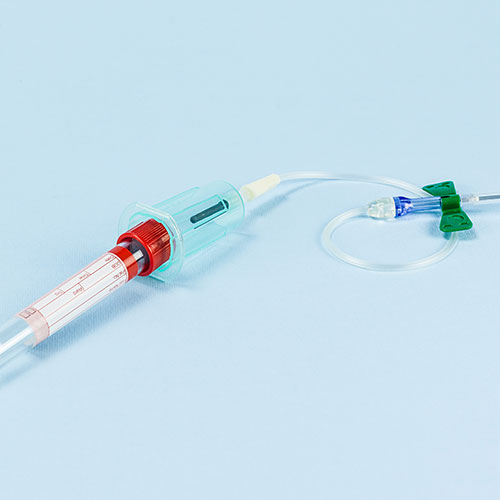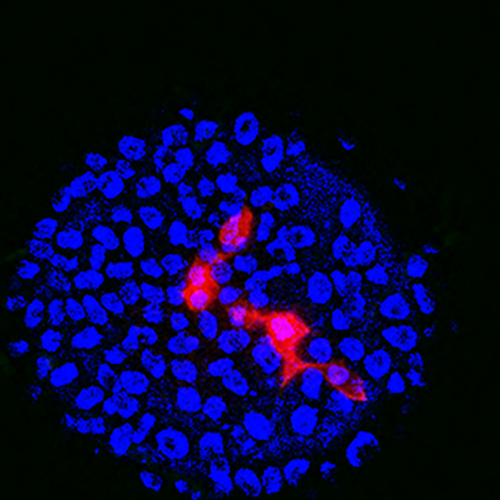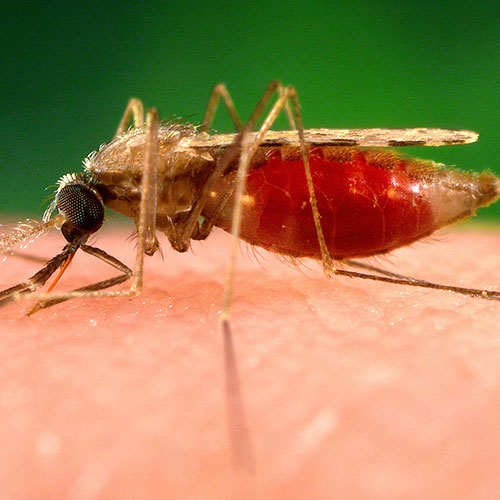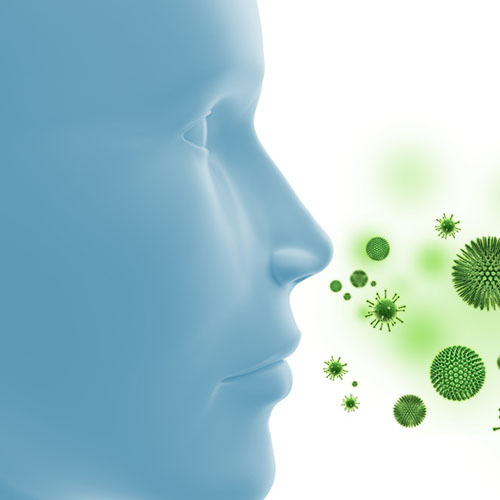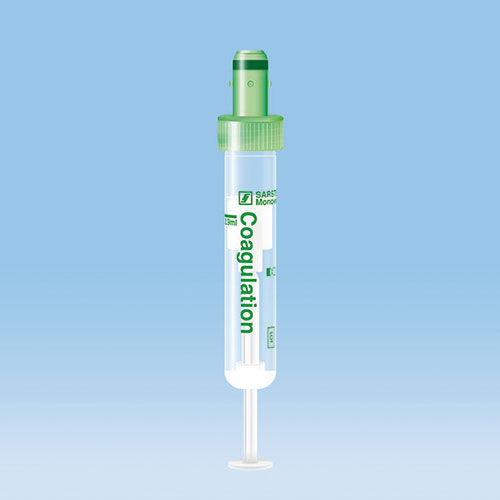We would like to ask you to request quantitative CMV-PCR instead of CMV-pp65 antigen from 01.01.2019. The required sample quantity of 3 ml EDTA-blood.
Evaluation criteria: < 100 IU/ml (detection limit)
Pre analytically this method is less susceptible to faults. It also has a higher sensitivity and reproducibility for the demonstration of CMV reactivation, especially for immunosuppressed patients or leukopenic patients. The high sensitivity of quantitative CMV-PCR is the method of choice for CMV monitoring under immunosuppression or after organ transplants. CMV-dna can be detected in the blood already up to 4 weeks prior to the onset of a CMV associated disease, so that any necessary therapy can be started as early as possible.
On the other hand, if there is no virus demonstration by PCR, a CMV-associated disease can be almost ruled out.
Your contact in our laboratory:
Dr. Sylvia Schön Tel. +49 5222 8076-159
Dr. rer. nat. Robert Kulis-Horn Tel. +49 5222 8076-209

